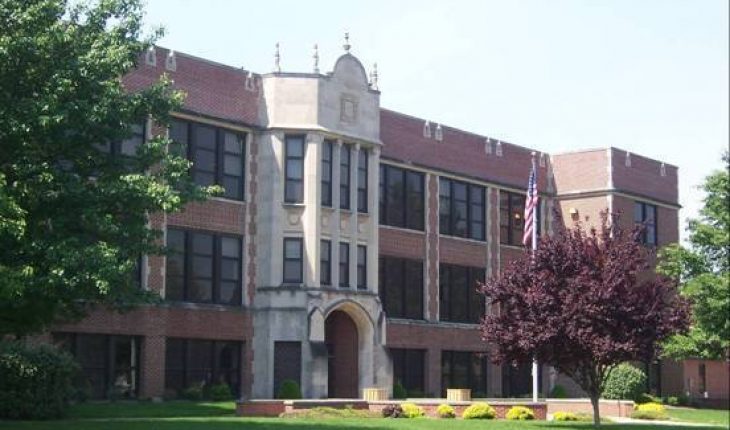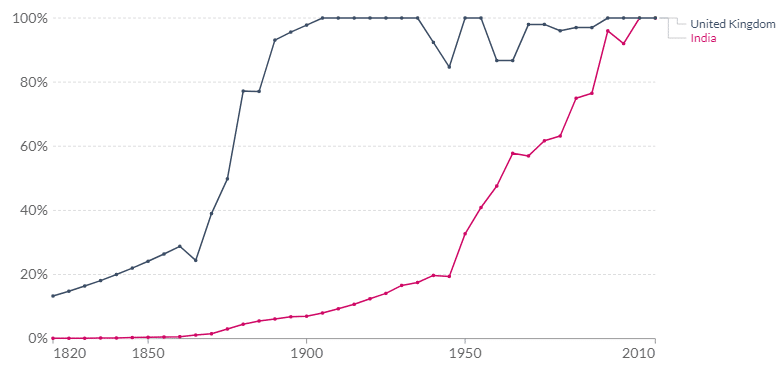- Food
- Who Invented the Snickers Candy Bar?
- Who invented the twix candy bar?
- Who Invented the York Peppermint Patty?
- Who Invented Laffy Taffy?
- Who Invented Peanut Butter?
- Who Invented Plastic Wrap?
- Who Invented Cool Whip?
- Who Invented Cheerios?
- Who Invented Vodka?
- Who Invented Burger King?
- Who Invented Chewing Gum?
- Who Invented Pancakes?
- Who Invented Ice Cream?
- Who Invented Starbucks?
- Who Invented Cereal?
- Who Invented Spaghetti?
- Who Invented Tater Tots?
- Who Invented the Cheeseburger?
- Who Invented Wine?
- Who Invented the Mars Bar?
- Who Invented Bubblegum?
- Who Invented Candy?
- Who Invented Quaker Oats?
- Who Invented Chocolate?
- Who Invented the Barbeque?
- Who Invented Popcorn?
- Who Invented the Hamburger?
- Who Invented Pizza?
- Who Invented Bacon?
- Who Invented Cheese?
- Who Invented the Sandwich?
- Who Invented Chicken Fingers?
- Who Invented Gingerbread Men?
- Who Invented the Hot Dog?
- Who Invented Jolly Rancher?
- Who Invented the Thermos?
- Who Invented Coffee?
- Who Invented the Chinese Egg Roll?
- Who Invented McDonalds?
- Household
- Who invented carpet tiles
- Who invented the refrigerator?
- Who Invented the Kitchen Table?
- Who Invented Shampoo?
- Who Invented charcoal briquettes?
- Who Invented the Electric Water Heater?
- Who Invented Silk?
- Who Invented Fencing?
- Who Invented the Sewing Machine?
- Who Invented the Kitchen Table?
- Who Invented the Smoke Detector?
- Who Invented the Chia Pet?
- Who Invented the Whoopee Cushion?
- Who Invented the Water Closet?
- Who Invented Aluminum Foil?
- Education
- Who Invented School?
- Who Invented the Spiral Notebook?
- Who Invented Chalk?
- Who Invented the Quadratic Formula?
- Who Invented the Pen?
- Who Invented the Piano?
- Who Invented Pi?
- Who Invented the Distance Formula?
- Who Invented Astrology?
- Who Invented String Art?
- Who Invented Algebra?
- Who Invented the Chalkboard?
- Who Invented Boolean Logic?
- Who Invented the Scientific Method?
- Who Invented the Pencil?
- Who Invented the Pencil Sharpener?
- Who Invented the Pythagorean Theorem?
- Entertainment
- Who Invented Rap?
- Who Invented Jazz?
- Who Invented the Ferris Wheel?
- Who Invented Legos?
- Who Invented the Acoustic Guitar?
- Who Invented the Slinky?
- Who Invented the Electric Guitar?
- Who Invented Rock and Roll?
- Who Invented Strawberry Shortcake?
- Who Invented Video Games?
- Who Invented Hip Hop?
- Who Invented the Violin?
- Who Invented Ballet?
- Who Invented the Phonograph?
- Who Invented the IMAX?
- Who Invented Pong?
- Fashion
- Medical
- History
- Who Invented the Paper Clip?
- Who Invented Toilet Paper?
- Who Invented Halloween?
- Cryogenic research abd brain preservation
- Who Invented Money?
- Who Invented Thanksgiving?
- Who Invented Mother’s Day?
- Who Invented Christmas?
- Who Invented the Iron?
- Who Invented Daylight Savings Time?
- Who Invented Paper?
- Who Invented the Calendar We Have Today?
- Who Invented Valentines Day?
- Who Invented the Spear?
- The Sterile Neutrino
- Who Invented Radar?
- Who Invented the American Flag?
- Who Invented Zero?
- Society
- Sports
- Who Invented Boxing?
- Who Invented Bowling?
- Who Invented Skateboarding?
- Who Invented the NBA?
- Who Invented Golf?
- Who Invented Nascar?
- Who Invented Softball?
- Who Invented Football?
- Who Invented Soccer?
- Who Invented Tennis?
- Who Invented Basketball?
- Who Invented Baseball?
- Who Invented Hockey?
- Who Invented the Frisbee?
- Who Invented Chess?
- Technology
- Who Invented YouTube?
- Who Invented the Floppy Disk?
- computer
- Who Invented Google?
- Internet
- Who Invented the MP3 Player?
- Who Invented the MP3 Format?
- Who Invented the CD Player?
- Who Invented the Microphone?
- Who Invented the DVD Player?
- Who Invented Modern-Day Handcuffs?
- Who Invented the Skyscraper?
- Who Invented the Sony Walkman?
- Who Invented the Hydrogen Bomb?
- Who Invented the Typewriter?
- Who Invented the Computer Mouse?
- Who Invented the Toaster?
- Who Invented the Hydrogen Bomb?
- Who Invented the Telephone?
- Who Invented the Steam Engine?
- Who Invented the X Ray?
- Who Invented the World Wide Web?
- sitemap
- Who Invented the Elevator?
- Who Invented the Personal Computer?
- Who Invented the Clock?
- Who Invented the Mars Rover?
- Who Invented Ink?
- Who Invented the MP3 Format?
- Who Invented the Trash Compactor?
- Who Invented the Space Shuttle?
- Who Invented the Hubble Telescope?
- Who Invented the Computer?
- Who Invented the Fire Alarm?
- Who Invented the word Blog?
- Who Invented Atari?
- Cryogenic research abd brain preservation
- Who Invented the Television?
- Who Invented the Mouse?
- Who Invented the Laser?
- Who Invented Napster?
- Who Invented the Telescope?
- Who Invented the Chinese Zodiac?
- Who Invented the Telegraph?
- Who Invented Plastic?
- Who Invented the Internet?
- Who Invented the Stock Ticker?
- Who Invented the Gatling Gun?
- Who Invented the Light Bulb?
- Who Invented the Microwave?
- Who Invented Silly Putty?
- Who Invented the Radio?
- Who Invented the Very First Camera?
- Who Invented the QWERTY Keyboard?
- Who Invented the Digital Camera?
- Who Invented the First Apple Computer?
- Who Invented Paper Money?
- Who Invented the Periodic Table?
- Who Invented the Color Television?
- Who Invented Genetic Engineering?
- Who Invented DNA Fingerprinting?
- Who Invented Online Shopping?
- Who Invented Online Dating?
- Who Invented Nanotechnology?
- Who Invented the Cassette Player?
- Who Invented the Potato Clock?
- Who Invented Carbon Nanotubes?
- Travel


